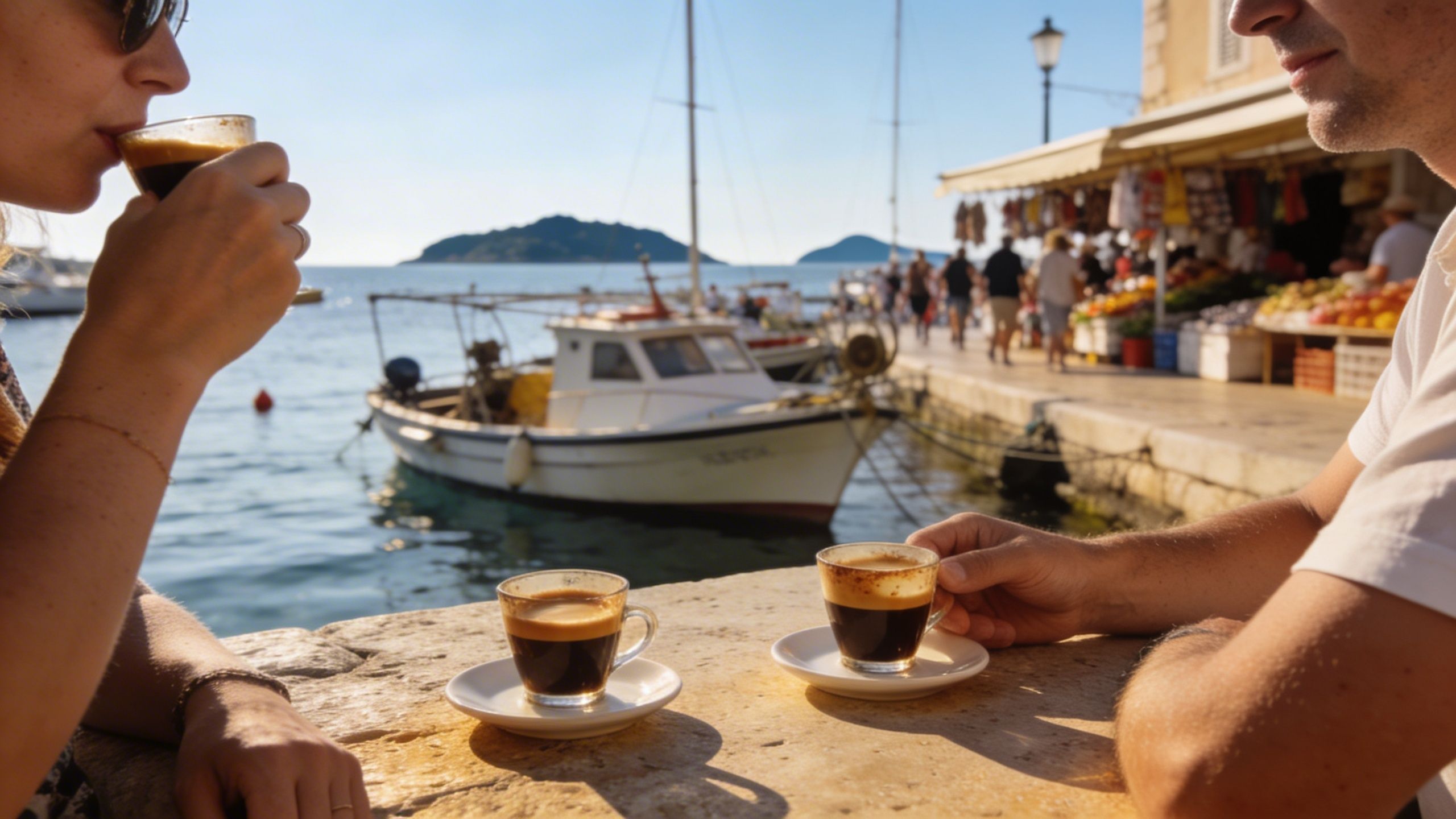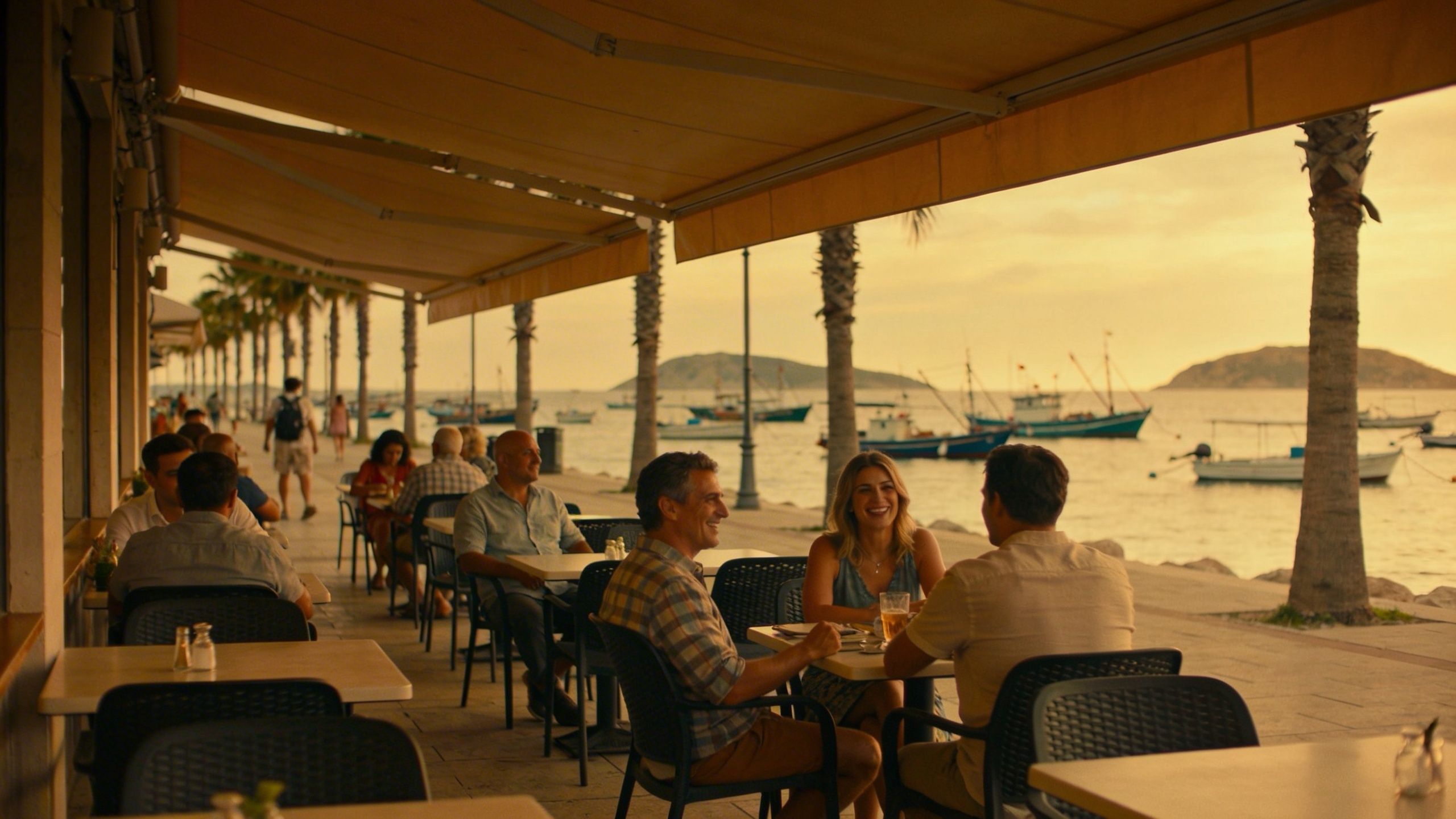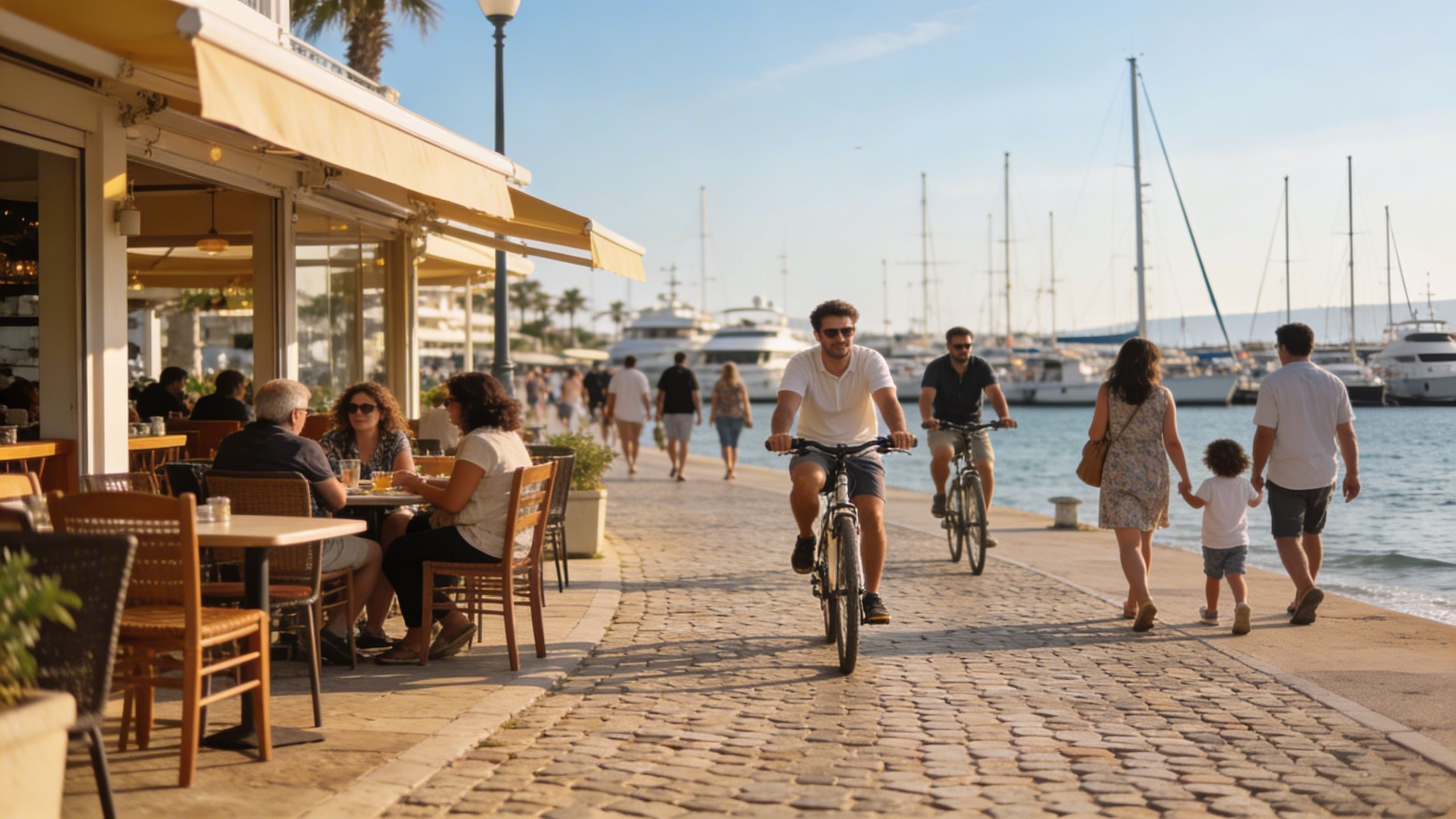France vs Portugal (Algarve & Lisbon): lifestyle & portfolio fit
Compare living rhythms, costs and investment logic between France and Portugal (Algarve & Lisbon) with data-backed steps for buyers balancing lifestyle and portfolio goals.
Imagine waking up in a Parisian flat to the smell of fresh bread on a quiet street, then—three hours later—finding yourself on a sunlit terrace in the Algarve with the Atlantic beyond. For many international buyers today, France and Portugal (Algarve & Lisbon) represent two complementary life choices: one rooted in layered culture, neighbourhood rituals and city infrastructure, the other offering coastal ease, warmer winters and a different risk/return profile. This piece compares the daily rhythms, neighbourhood characters and the practical realities of buying across these markets so you can weigh lifestyle against portfolio goals with data and local insight.
Living France: the rhythm, the places, the small rituals
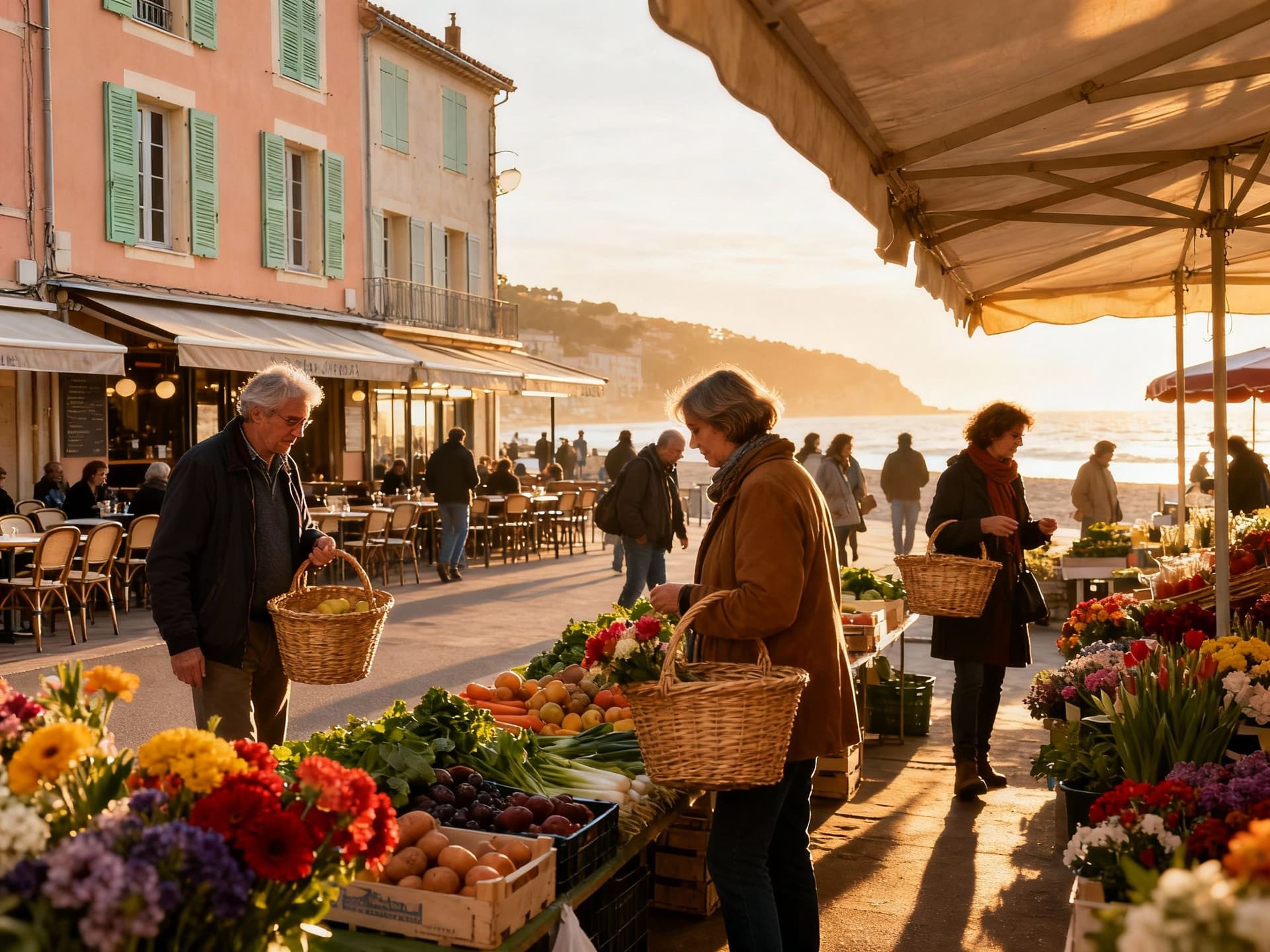
France is a study in contrasts: centuries-old streets and new glass-fronted developments, village years and frenetic city hours. Daily life centers on cafés, local markets and the cadence of meals — lunch as a pause, dinner as a social event — and this shapes how properties are used: compact central apartments for urban immersion, larger houses in peri-urban zones for weekend family life. Weather varies sharply: Mediterranean sunshine on the Côte d'Azur, Atlantic winds on the west coast, and colder winters inland; these differences influence heating, insulation and outdoor space priorities when buying.
Neighbourhood character: from Marais to Bordeaux
Paris neighbourhoods like Le Marais and Saint‑Germain are intimate on foot, with independent boulangeries, art galleries and evening bistros; buyers pay a premium for walkability, historic fabric and transport links. Outside Paris, cities such as Lyon, Bordeaux and Nantes each offer distinct day-to-day textures—riverfront promenades, weekly farmers' markets and thriving culinary scenes—that attract families and second‑home buyers. Coastal towns (Biarritz, Nice) pull a mixed crowd of retirees and holiday-rental investors; here, façade maintenance, sea-facing orientation and flood risk become practical factors in purchase decisions.
Food, culture and seasons: why lifestyle shapes the property
Weekends in France often revolve around markets (marchés), festivals and regional food rituals—markets in Lyon or Nice can define where locals choose to live. Seasonal life affects use: mountain chalets are full winter‑season homes, while Atlantic villas see summer peaks and quieter off-seasons. When choosing a property, prioritise indoor space and energy efficiency for colder months, and outdoor terraces or balconies for warmer seasons; both are decisive for resale and rental appeal.
- Lifestyle highlights: places and experiences to try
- Morning espresso and a croissant in Le Marais (Paris)
- Sunday marché at Cours Saleya (Nice) for produce and flowers
- Weekend drives to Loire vineyards and château visits
- Coastal walks and surf culture around Biarritz and Hossegor
Making the move: practical considerations in France
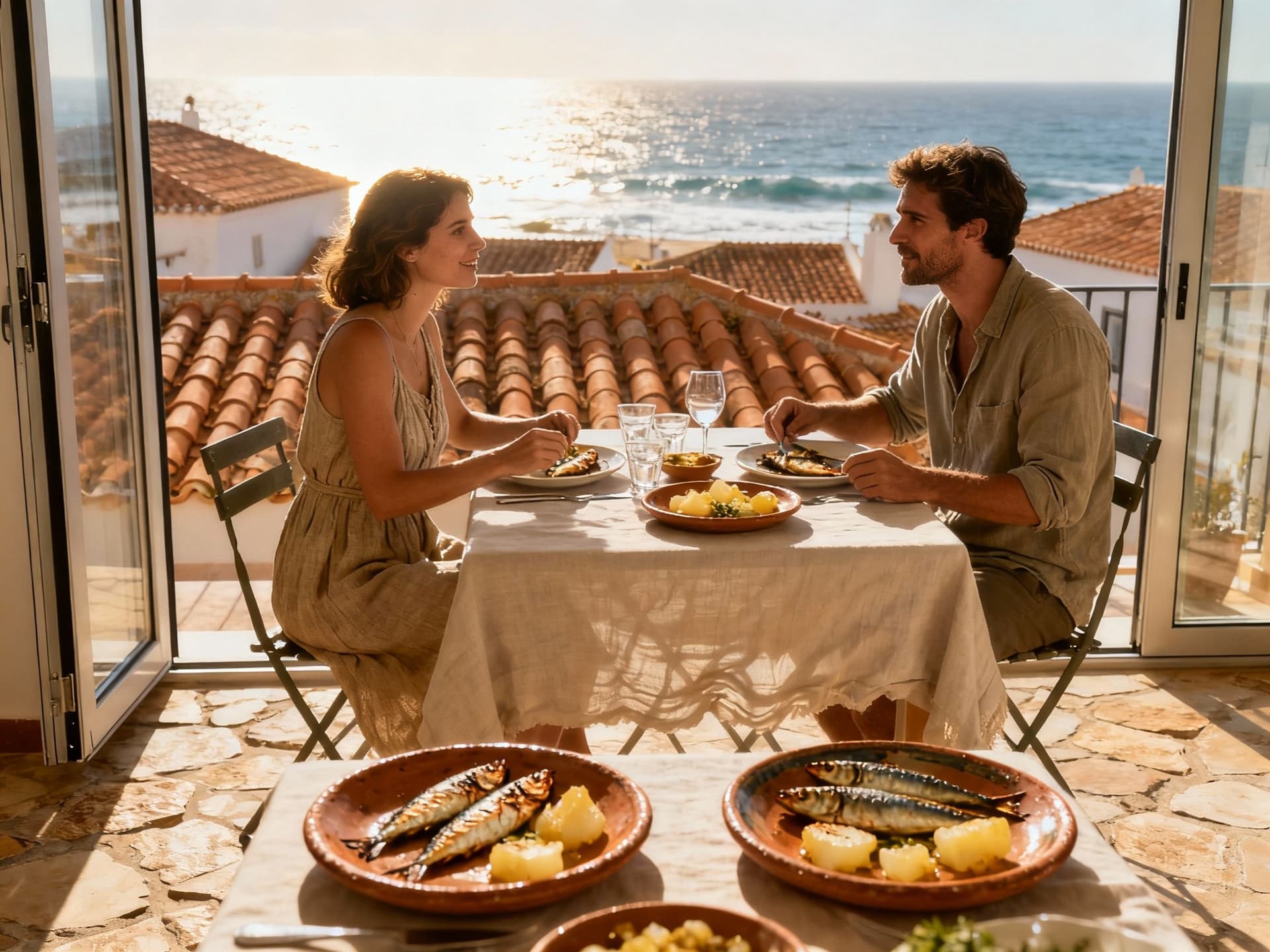
Dreams meet process the moment you step into the French transaction pipeline. Market data through 2024–Q1 2025 shows a stabilising market with increasing transactions in many regions, but sharp local differences remain; Paris has begun to see price recovery while some regional cities are still price‑sensitive. That heterogeneity means you should pair lifestyle priorities with hard data on transaction volumes, recent price movement and local supply before committing.
Costs, taxes and notaire fees: what to budget
Expect conveyancing and transfer taxes to be the largest up-front cost after the purchase price: roughly 7–10% on resale properties (including taxes and notaire disbursements) and around 2% plus VAT for many new builds. Notaire fees themselves are regulated and represent only a fraction of this total. Factor in capital gains rules, residency tax implications and annual property tax (taxe foncière) when modelling long‑term returns.
- Steps to a successful purchase in France
- 1. Define lifestyle priorities (city vs coast, rental vs full‑time living).
- 2. Review local market data and comparable sales for targeted neighbourhoods.
- 3. Engage a bilingual notaire and a locally registered agent to verify zoning and charges.
- 4. Arrange financing pre‑approval and factor in taxes, insurance and renovation budgets.
France vs Portugal (Algarve & Lisbon): a lifestyle and portfolio comparison
Portugal’s Algarve and Lisbon offer warmer winters, lower entry prices in many segments and a strong short‑stay rental market; France delivers deeper cultural infrastructure, broader healthcare and education options and a more heterogeneous price distribution. For buyers seeking diversification, Portugal can provide seasonal rental yield and weather-driven lifestyle gains, while France often serves as a wealth-preserving core holding with slower but steadier capital appreciation in established areas.
When Portugal complements a French-centric portfolio
- Use Algarve or Lisbon properties to capture seasonal rental demand and lower operating costs during off‑season management.
- Balance France’s year‑round rental and long‑term capital stability with Portugal’s tourism-driven cashflow.
- Match property type to use-case: Lisbon apartments for lettable city stays; Algarve villas for holiday rental and personal retreat.
Working with local experts: what to expect from agencies in each market
In France, agencies and notaires will emphasise legal clarity on charges, co‑ownership regulations (copropriété) and planning constraints; expect thorough documentary checks and slower, more formalised processes. In Portugal, agents often handle faster transactional pace and tourism-oriented lettings; ensure they provide transparent historical occupancy and all tax registration details. For both markets, look for agencies with proven cross-border experience, bilingual teams, and a track record of managing post‑purchase services.
Insider knowledge: what expats wish they’d known
Expat buyers commonly underestimate local bureaucracy and timeline variance: permit times, utility transfers and community association rules can add weeks or months. Language matters in nuance—contracts, bills and municipal correspondence are typically in French or Portuguese—and having a trusted translator or bilingual lawyer saves time and reduces surprises. Think beyond purchase: ongoing running costs, seasonal staffing for holiday homes, and fiscal residency thresholds will shape the true cost of living and ownership.
Cultural integration and community
Integration is local: join markets, language cafés, and neighbourhood associations to build a life. In France, regular social rituals (apéro, marché) and strong municipal services ease everyday life once you’re plugged in. In Portugal, English is more widely spoken in tourist hubs, which can accelerate initial comfort but may slow deeper linguistic integration. Local clubs—walking groups, sailing schools or wine societies—are practical routes to friendship and understanding local rhythms.
- Practical checklist before committing
- 1. Verify recent comparable sales in your target neighbourhood (last 6–12 months).
- 2. Run a scenario for seasonality: occupancy rates, utilities, cleaning and property management.
- 3. Confirm tax residency thresholds, double-tax treaties and how rental income is taxed in each country.
- 4. Obtain written estimates for renovation, insurance and ongoing community charges.
France offers a richly textured life—city rituals, strong public services and neighbourhood continuity—while Portugal brings a lighter seasonal cadence, lower entry costs and tourism-driven income potential. Use both markets deliberately: anchor with a French holding for long-term stability and add Portuguese coastal assets for cashflow and lifestyle flexibility, or choose one according to which daily rhythm you want to inhabit.
Next steps: gather neighbourhood comparables, confirm fiscal implications with a cross‑border tax advisor, and arrange bilingual agency introductions that can show matched properties in both countries. If your decision is lifestyle-led, select by the daily scenes you imagine; if it’s portfolio-led, prioritise data-backed yield and capital stability. Either way, local expertise will translate your lifestyle brief into a realistic, legally sound purchase plan.
Norwegian market analyst who relocated to Mallorca in 2020. Focuses on data-driven market insights and smooth relocation for international buyers.
